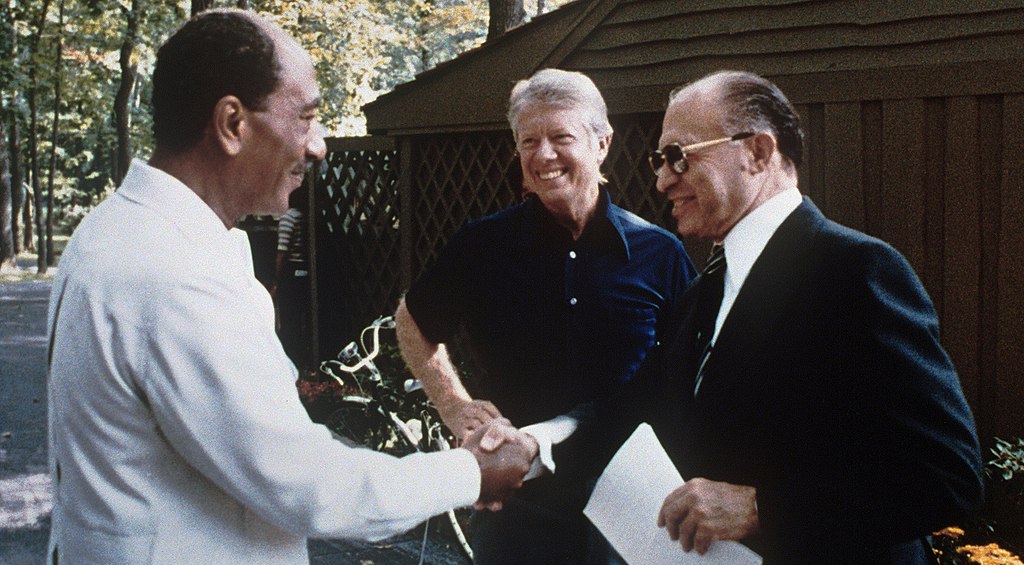On May 15, 1943, the Saturday Evening Post, whose weekly circulation during the war came close to cracking four million, ran a riveting story. A few weeks earlier, an undersized Stinson Voyager piloted by a 60-year-old Civil Air Patrol (CAP) volunteer had come shrieking out of a fog bank a scant thousand feet above the Atlantic and caught a U-boat captain napping on the ocean’s surface.
“It was the last thing that captain ever knew. A husky demolition bomb burst sprang on his conning tower, blasting captain, crew and U-boat clear out of the water,” the article gushed.
Many readers no doubt shared the breathless account with family, friends, and coworkers. “Some old guy in a tiny plane sinking a fierce German U-boat?! Take that, Adolf!”

